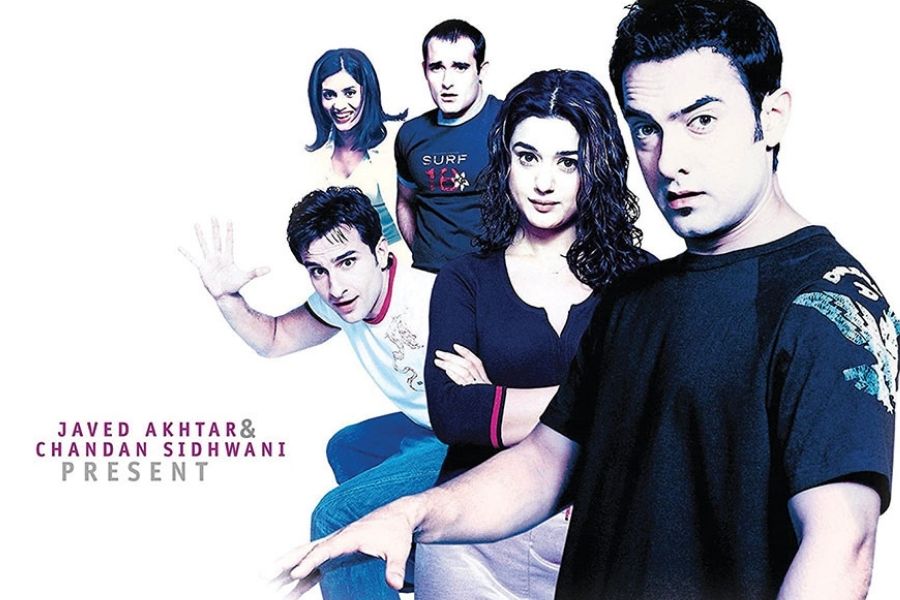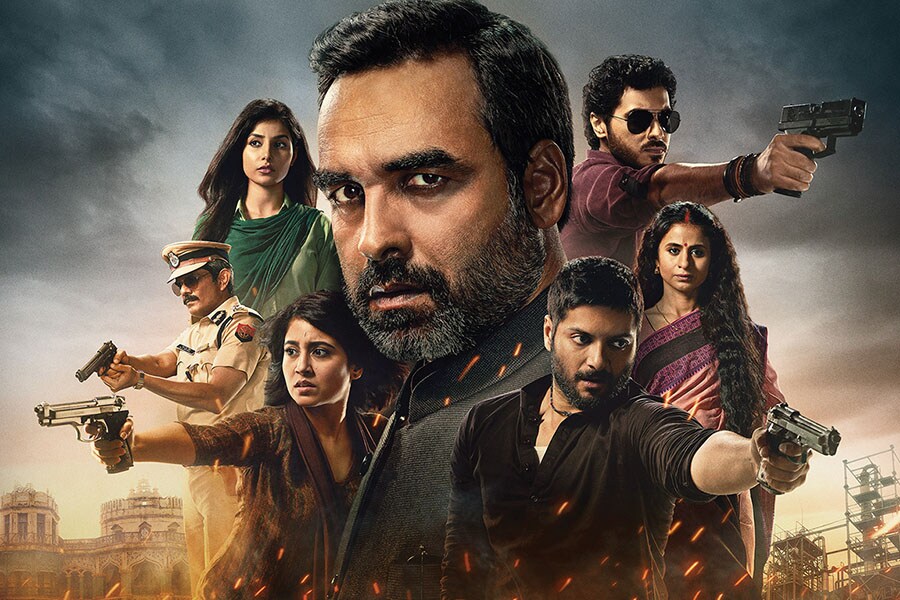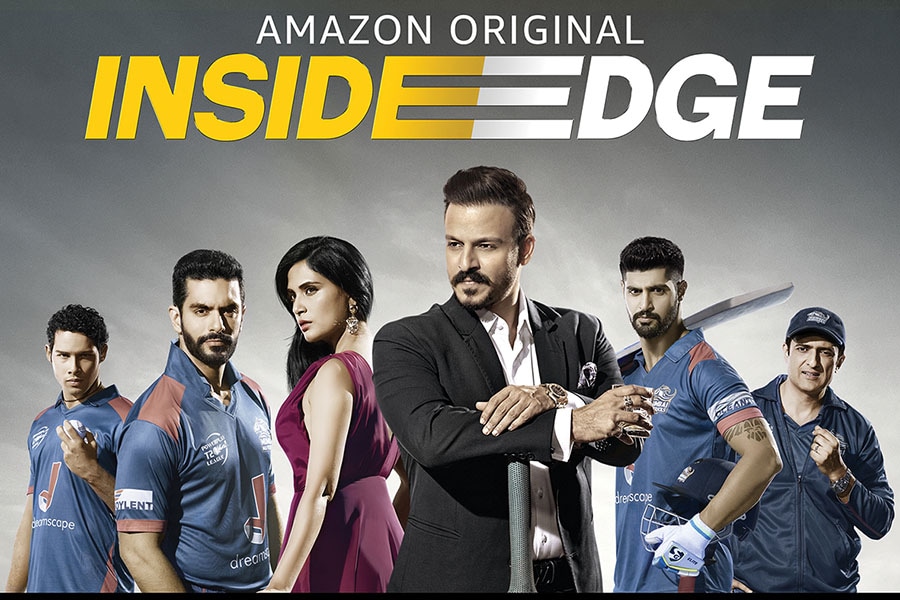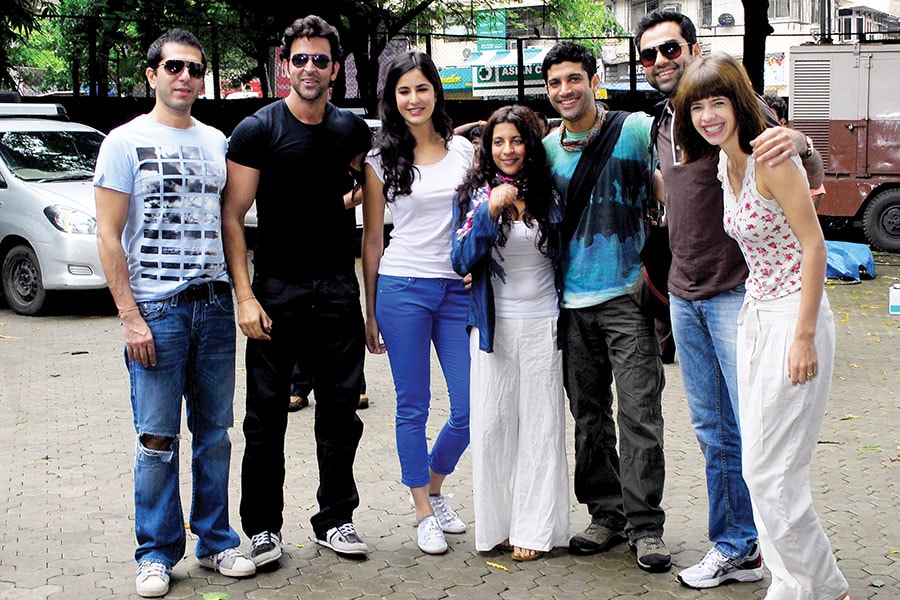
From 'Dil Chahta Hai' to 'Mirzapur', Farhan Akhtar and Ritesh Sidhwani look back on a 20-year partnership
Farhan Akhtar and Ritesh Sidhwani founded Excel Entertainment 20 years ago, starting with 'Dil Chahta Hai', and continue to score with OTT hits like 'Mirzapur'. They talk about the journey so far, and the one ahead
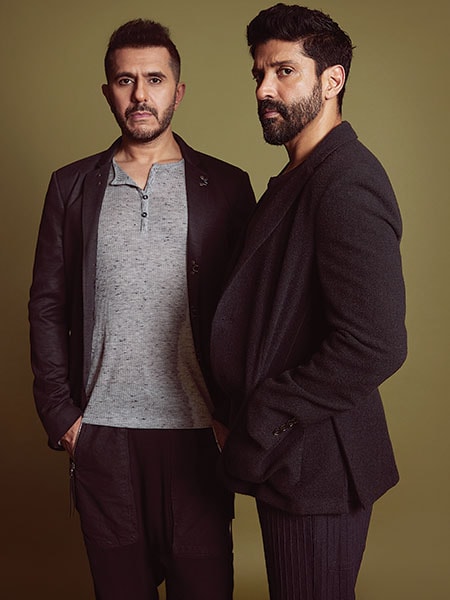 Farhan Akhtar (right) and Ritesh Sidhwani started Excel Entertainment to tell stories of their times
Farhan Akhtar (right) and Ritesh Sidhwani started Excel Entertainment to tell stories of their times
When Farhan Akhtar and Ritesh Sidhwani created Excel Entertainment 20 years ago, they wanted to tell the stories of their times. Starting with Dil Chahta Hai (2001), Excel has delivered noteworthy productions, including Gully Boy, India’s entry to the Oscars in 2019, and nurtured talents such as director and screenwriter Reema Kagti, director Mrighdeep Singh Lamba, and director Zoya Akthar.
After two decades in the entertainment industry—which has witnessed the evolution of technology, consumer behaviour and the rise of digital media and OTT platforms—Akhtar and Sidhwani trace their journey, and the evolution of their production house. Edited excerpts:
Q When you look back, what do you see as Excel’s place in the film industry?
Ritesh Sidhwani: We’ve managed to hopefully stay on track. What we set off to do was to tell stories of our times. During Dil Chahta Hai, people started telling us that, ‘You are way ahead of your time’. The kind of movies we wanted to make, the kind of stories we wanted to tell, at that point, a lot of it was coming from what was happening around us. There was a generation that was not going to the cinemas, and we managed to bring those people into theatres to start experiencing movies. The stories started changing at that point. We are fortunate to be a part of that change. Hopefully, we’ll continue to engage and entertain, inspire, and give important messages for the next 20 years as well.
Farhan Akhtar: We have endeavoured to engage beyond just entertainment. That has been our mission, so to say. Looking back at how much has happened, and the incredible people we’ve had opportunities to work with, when it gets encapsulated into a two-minute video, you realise how much work has been done, and how many people have shared your vision. It’s just been an incredible journey.
(This story appears in the 30 November, -0001 issue of Forbes India. To visit our Archives, click here.)




